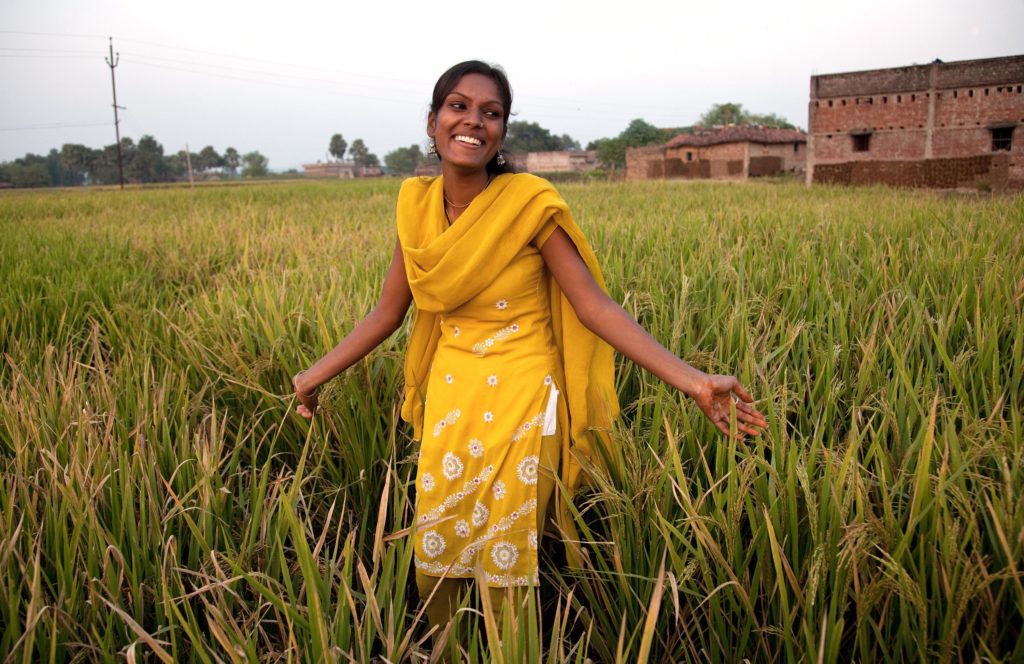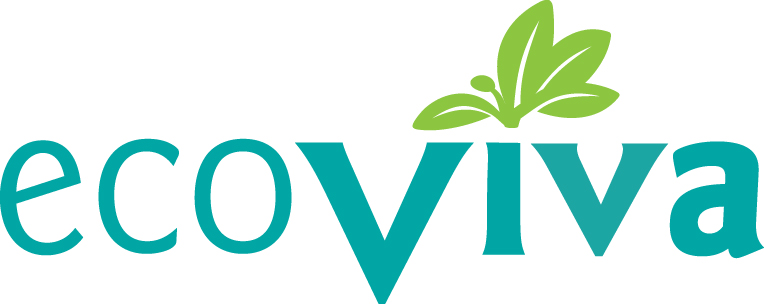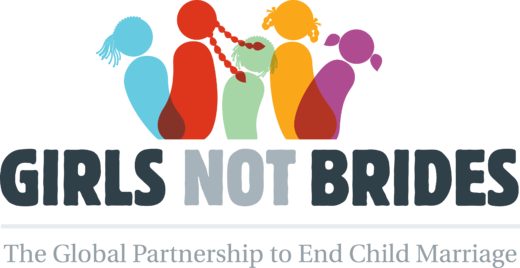
FBB announces newest slate of beneficiaries
By AdministratorFoundation Beyond Belief’s Humanist Giving Program presents our first quarter 2018 beneficiaries. At the beginning of 2016, we made a commitment to particular beneficiaries to give an initial grant, and then a potential renewable grant later on in order to show a longer-term commitment, supply steady grant income, and to develop long-term relationships with beneficiaries to serve them better. Successive, unrestricted grants are viewed as best philanthropic practices, and while Foundation Beyond Belief is unable to practice this in every quarter, we are showing its value with these grants in 2018.
Our grant beneficiaries this year are EcoViva, Thunder Valley, CDC – Lakota Language Initiative, Girls Not Brides, and Nexleaf. We are proud to be able to continue to support the two organizations that we have supported in the past–EcoViva and Thunder Valley, CDC. Each beneficiary was chosen after extensive research based on their methods of work and will receive a grant from FBB regular giving members.
Natural World

EcoViva is a community-based organization that works closely with local partners to solve an ecological, poverty, and health problem with a multi-faceted approach. Their focus is to create a secure revenue stream for fisherman along the Lempa river in the Bay of Jiquilisco in southeast El Salvador. Mangrove forests in this ecosystem provide a local stable food source, a critical habitat, and a flooding deterrent for the region. Additionally, they provide a breeding ground for young fish that will maintain the staple of fisherman incomes in the area.
Local fishers knowledge of their ecosystem is well developed and evident in Climate Changers. EcoViva is working with local partners to educate fishers as to sustainable fishing practices and enforcing current laws. EcoViva was our 2017 Compassionate Impact Grant awardee.
Education
 Thunder Valley CDC’s mission is to empower Lakota youth and families to improve the health, culture, and environment of their communities through the healing and strengthening of cultural identity.
Thunder Valley CDC’s mission is to empower Lakota youth and families to improve the health, culture, and environment of their communities through the healing and strengthening of cultural identity.
Less than 3% of the Lakota community speaks Lakota fluently. Thunder Valley CDC’s Lakota Language Initiative is working to raise that number with the Lakota Learners Immersion Childcare program at the core. The childcare, where all language used is Lakota, is based on First Nations Immersion, bilingual and language development research. One goal of the childcare and preschool is to create first language learners instead of teaching Lakota as a second language. Children whose first language development is Lakota have the ability to gain fluency more rapidly and master pronunciation at the vital point in language development. This language foundation, created by the language nest, surrounds the children in their culture’s native language. Thunder Valley, CDC was our 2016 compassionate Impact Grant awardee.
Human Rights
 Girls Not Brides is a global partnership of more than 800 civil society organizations all around the world committed to ending child marriage and enabling girls to fulfill their potential. They are an umbrella organization that does the research and effectiveness studies that are used to provide roadmaps for local partners to work together.
Girls Not Brides is a global partnership of more than 800 civil society organizations all around the world committed to ending child marriage and enabling girls to fulfill their potential. They are an umbrella organization that does the research and effectiveness studies that are used to provide roadmaps for local partners to work together.
Their research is bringing local, community organizations together to be stronger and more effective. Girls Not Brides works with experts to create theories of change and roadmaps for local organizations, but their strategies are member tailored to address specific issues that members identify in their communities.
Poverty & Health
 Nexleaf Analytics’s mission is to “build, scale, and support wireless sensor devices and data analytics tools that improve global public health and the environment.” Lack of data is a hindrance to effective health and climate change solutions. Nexleaf creates solutions using a bottom-up approach that ensures the technology they create and deploy are customized to address specific local needs.
Nexleaf Analytics’s mission is to “build, scale, and support wireless sensor devices and data analytics tools that improve global public health and the environment.” Lack of data is a hindrance to effective health and climate change solutions. Nexleaf creates solutions using a bottom-up approach that ensures the technology they create and deploy are customized to address specific local needs.
Currently, they have two primary technologies that they have created and deployed. ColdTrace is a wireless remote temperature monitoring solution designed for vaccine refrigerators in rural clinics and health facilities. They also provide training and country-specific Standard Operating Procedures. Over 13,000 ColdTrace devices have been deployed in seven countries.
StoveTrace devices remotely monitor cookstoves in rural communities. Cookstoves significantly reduce air pollution inside homes, but there are a lot of variables. Monitoring their effectiveness allows for adjustments for improvement in each location. StoveTrace technology has enabled a reduction in CO2e emissions equivalent to at least 1.2 million fewer miles driven.
Featured image: Adolescent girl in a field in Bodhgaya India. Photo credit: Graham Crouch, Girls Not Brides.
